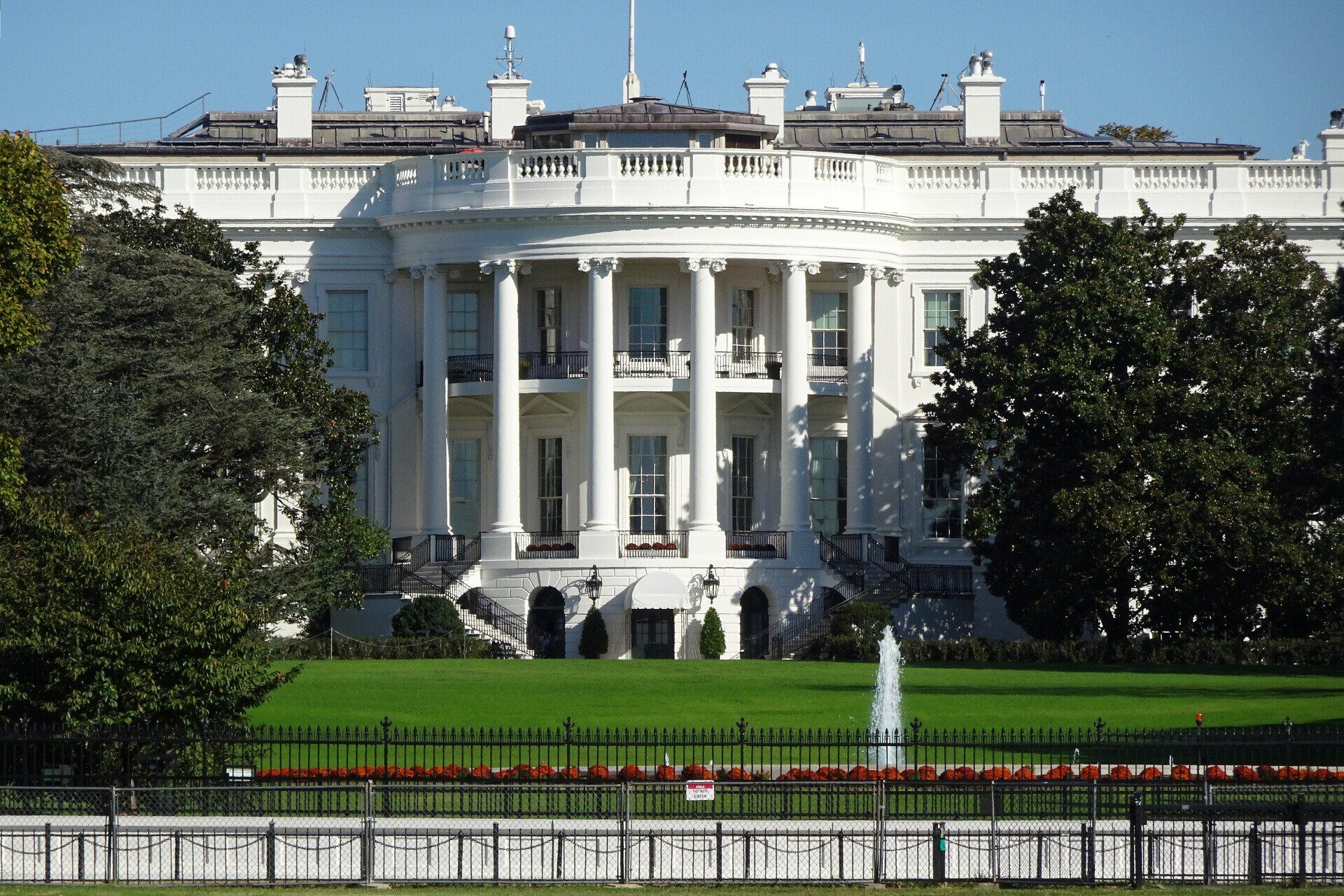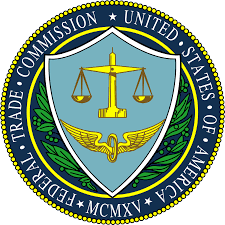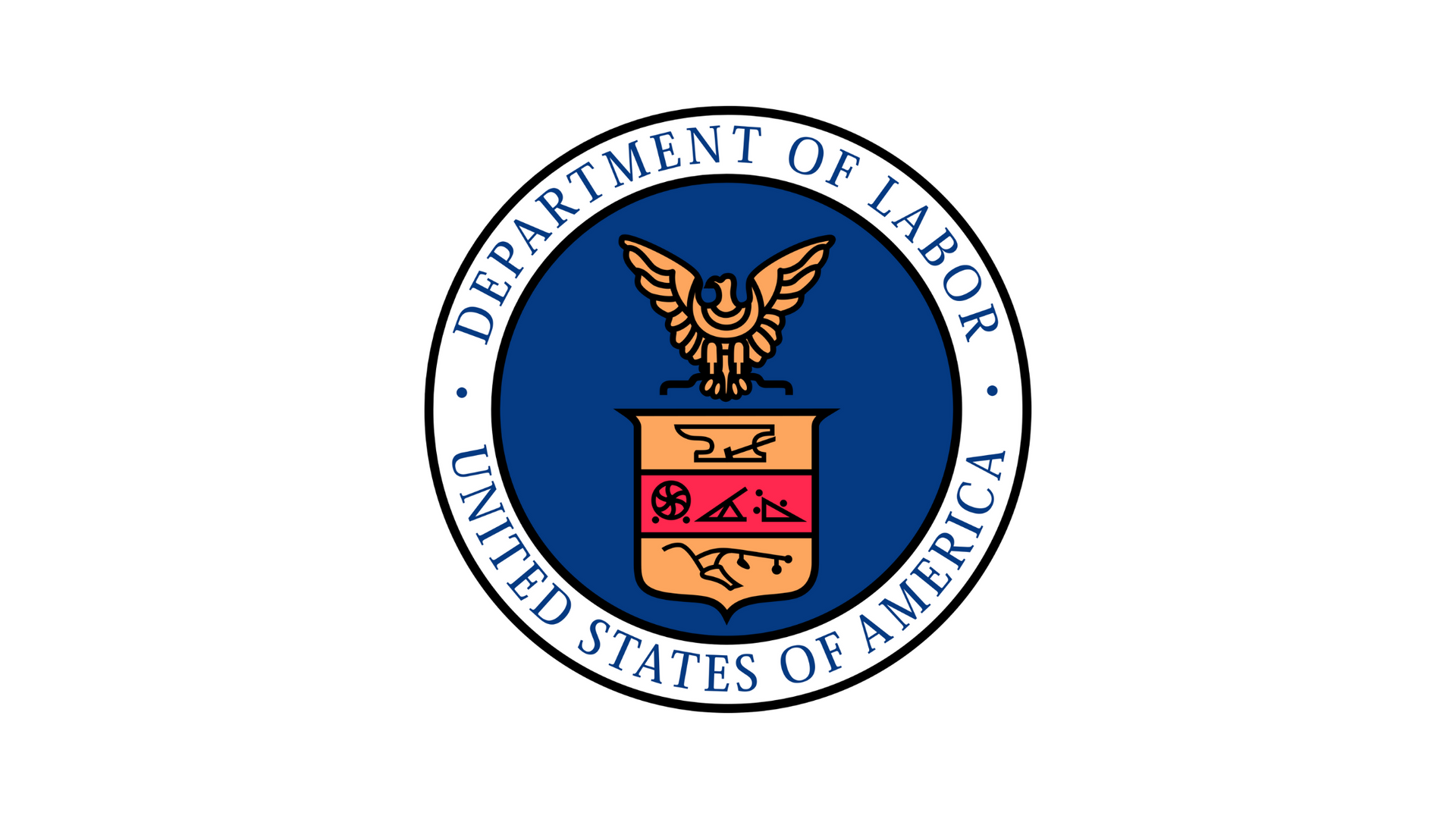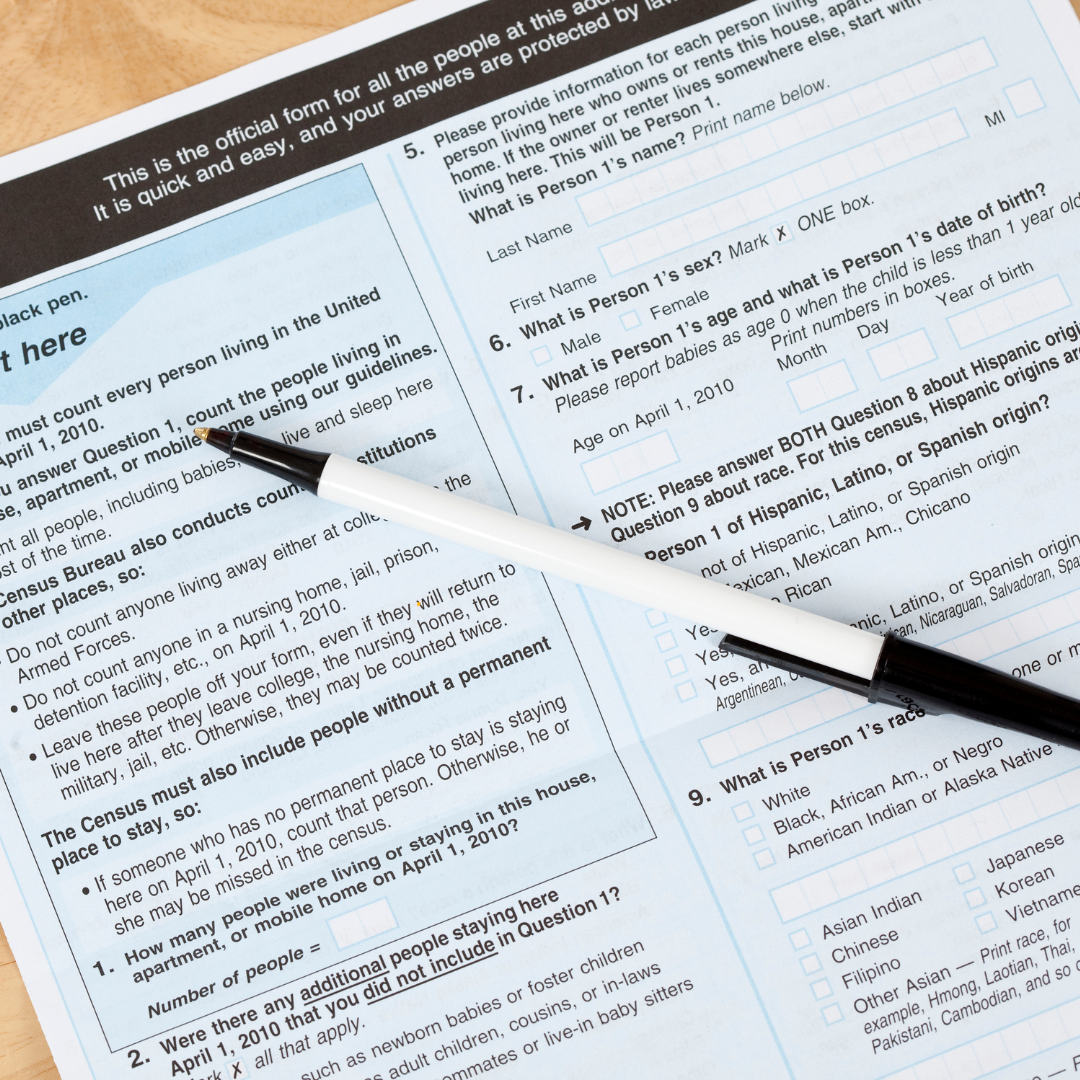Washington’s Mounting Interest in the High-Tech Industry’s Diversity Efforts
Over the last few months, federal policy-makers have engaged in what appears to be a highly-orchestrated campaign aimed directly at clamping down high-tech industry. The two agencies responsible for enforcing federal Equal Employment Opportunity (EEO) laws have intensified their focus on the technology sector’s diversity, inclusion and affirmative action efforts in recent weeks, while members of Congress have begun demanding change.
In addition, the White House has coordinated two summits where the lack of diversity in the booming tech sector may further escalate federal policy makers’ interest. These recent and upcoming activities, which we have detailed below, appear to be laying the ground work for additional federal action.
- OFCCP – The U.S. Department of Labors Office of Federal Contract Compliance Programs (OFCCP) has been targeting the technology industry. Over the last year, a number of industry stalwarts have experienced far more extensive and burdensome OFCCP evaluations than in the past.
- EEOC – On May 18, the Equal Employment Opportunity Commission (EEOC) held a public meeting focused on diversity and inclusion in the technology industry. Following the meeting the agency released a report, Diversity in High Tech.
- Congressional Black Caucus Letter – On May 25, 2016, the Congressional Black Caucus sent a letter to the U.S. Secretary of Labor Tom Perez calling for increased diversity in the technology industry and demanding greater scrutiny of industry government contractors employment of African Americans.
- Tri Caucus Resolution – On June 2, 2016, the Tri-Caucus, the Congressional Black Caucus, Hispanic Caucus and Asia Pacific Caucus, introduced a non-binding resolution declaring Congresss support of efforts to increase diversity and inclusion and to eliminate barriers faced by people of color and other underrepresented groups in the technology sector.
- GAO Study – Although not publicly reported, we are also aware that Congress investigative arm, the U.S. Government Accountability Office (GAO), is currently working on a report focusing on technology industry EEO matters.
- United State of Women Summit – On June 14-15, 2016, The White House Council on Women and Girls, the State Department, the U.S. Department of Labor, the Aspen Institute and Civic Nation hosted the United State of Women Summit. The summit has been described as a large-scale effort aimed at rallying together advocates of gender equality to highlight what has been achieved, to identify the challenges that remain, and to chart the course for addressing them. It focuses on a number of topics that are highly relevant to the industry's diversity and inclusion efforts, including equal pay, pay transparency, labor force participation, STEM education, and enhancing investing for female entrepreneurs.
- Prior to summit, the White House reached out to employers with an Equal Pay Pledge. Employers who sign to the pledge agree to conduct an annual company-wide gender pay analysis, review promotion processes and hiring to reduce unconscious bias, and embed equal pay efforts into broader equity. At the start of the summit, 28 companies including the following employers in the high tech industry had signed the pledge: AirBnB, Amazon, Care.com Cisco, Expedia, Glass Door and GoDaddy Salesforce, Slack, Spotify and Pinterest.
- The 2016 Global Entrepreneurship Summit (GES) – On June 22-24, President Obama will host the 7th Annual Global Entrepreneurship Summit (GES) at Stanford University. In announcing the location of the 2016 Summit, President Obama renewed his previous call to action for inclusive entrepreneurship: I'm calling on the private sector, foundations, investors, and universities to help us increase opportunities for all entrepreneurs, no matter who they are, where they re from, or what they look like.
FortneyScott will continue to track this issue. For more information, please contact Leslie Silverman, or the FortneyScott attorney with whom you work.




All Rights Reserved | Powered by AutomationLinks | Terms & Conditions | Privacy Policy







